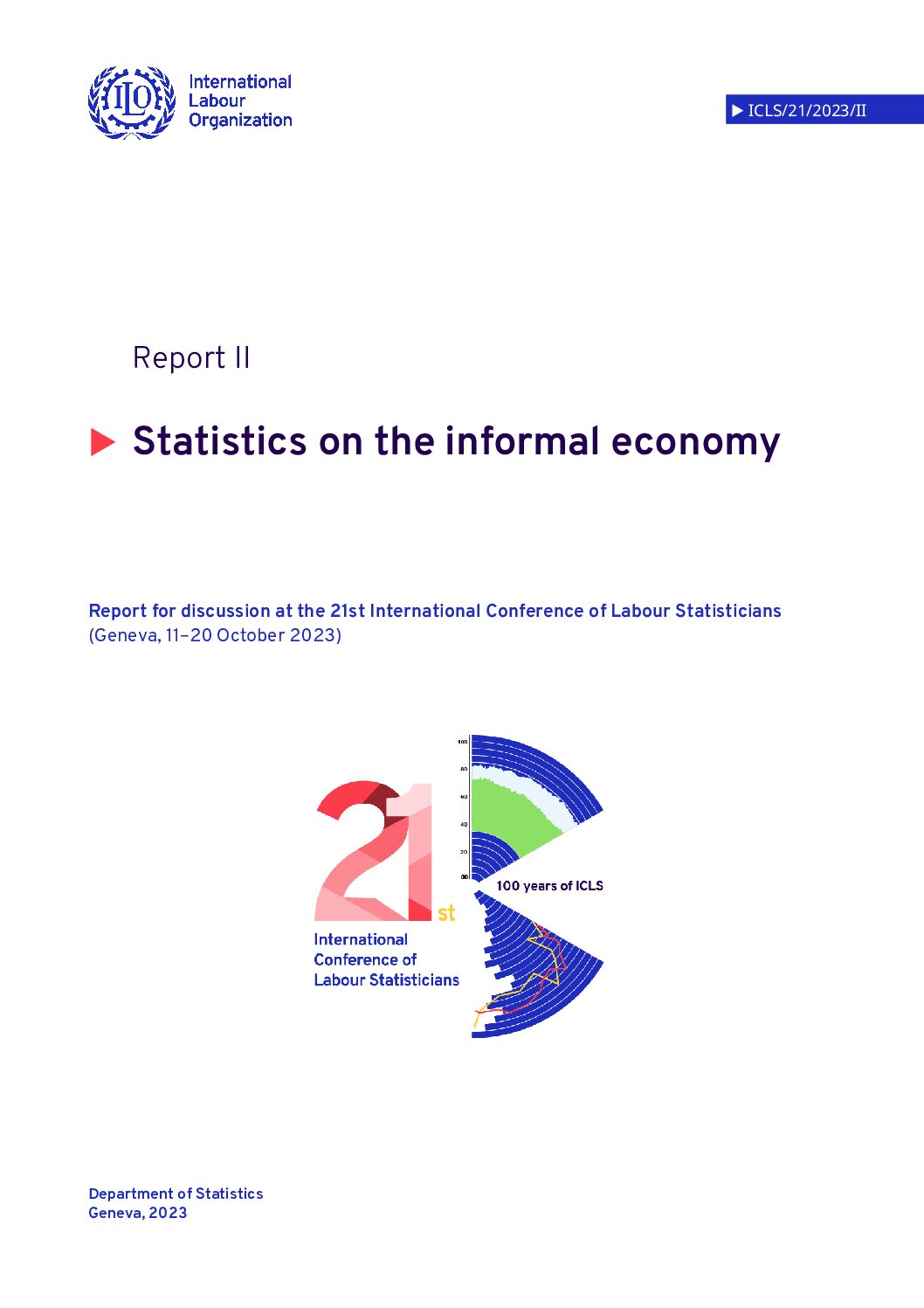Statistics on the informal economy
By International Labour Organization
In many countries, the informal economy represents a significant part of the labour market and plays a major role in production, employment creation and income generation. However, informality puts workers at a higher risk of vulnerability and precariousness. It has a strong adverse impact on the adequacy of earnings, occupational safety and health and working conditions in general.
Informality remains a key concern of the Decent Work Agenda and the 2030 Agenda for Sustainable Development (the informality rate is part of the indicators selected to measure progress towards the Sustainable Development Goals, as SDG indicator 8.3.1). Addressing informality is also critical for women’s economic empowerment and gender equality.
In 2023, the 21st International Conference of Labour Statisticians (ICLS) adopted a resolution updating and improving measurement standards on the informal economy, not only to reflect latest world of work developments and provide a better reflection of people’s situation but also to align them to recent standards on the measurement of all forms of work (not only employment) and work relationships adopted by the 19th and 20th ICLS.
Get the report here.











